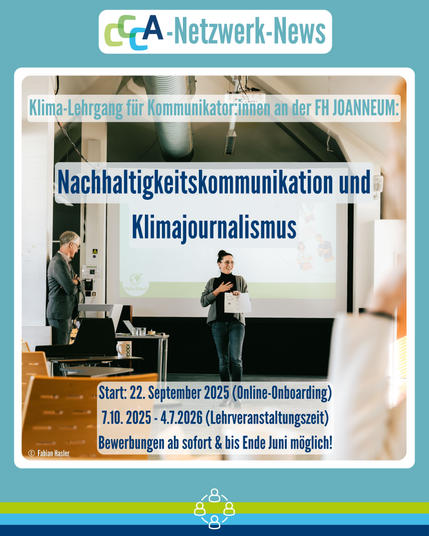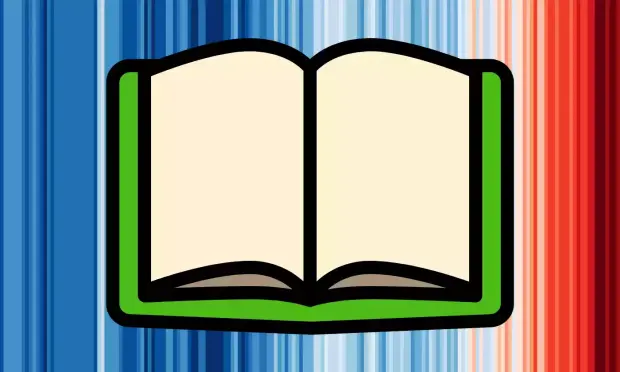@Global_Repercussions @nando161
I'm with you 100% here.
Climate people keep looking at the information content of these articles and thinking "surely this will convince them", but I am convinced this is not how the public thinks of it.
In Dr. Strangelove, toward the beginning, Group Captain Lionel Mandrake (played by Peter Sellers) has been told there is a military action going on, but he happens across a radio (most of which have been confiscated) and realizes it is playing entertainment. He correctly concludes that if this were an ACTUAL emergency, the entertainment stations would be shut down and people throughout society would be taking directions about how to respond.
This is what I think about Climate. People do not understand climate talk, though they hear dire summaries waft by and they think "Could this be for real?" Then they see there are fluff pieces around, not just following, but even at higher priority. At this point, they shrug and go "If this were a real emergency, it would have better placement." And that is that. The entirety of the content is ignored because its placement says there's nothing to worry about. Newspaper editors (or TV producers) would surely give it better and more sweeping coverage if it was anything that mattered.
I am sad the public does not get it, but their conclusions are entirely foreseeable. What bugs is journalism. I want to attribute this to laziness and incompetence, but I have seen this played out in movies and know what really happened.
At some point, television (and its internet progeny) became about advertising and lost any sense of its responsibility to audiences. At that point, it was an entirely different beast.
The movie Network, hard to appreciate if you're just seeing it first now because it will seem so ho hum, was eye-opening in its time. Worth seeing for anyone who has not.
Also, many have seen the movie Apollo 13, but there was a limited series made for HBO by Tom Hanks called From Earth to the Moon. In one-hour episodes, it takes you through the Apollo program, telling lots of really cool stuff. You'd expect the episode about Apollo 13 to be a shorter version of the movie Apollo 13, but it is not. Instead it is a telling of a story very like that which is told in Network, of the changing of the guard between journalism that cared about things like truth, perspective, and compassion and a newer guard that only cares about shock, novelty, and grabbing eyeballs. It's worth watching that series anyway, but I personally think of that particular episode as a modern telling of the Network story.
Yes, I appeal a lot to movies to tell stories. There may be some irony in that when I'm talking about the gamification of journalism. But the problem isn't the medium. The problem is the commitment to fact, priority, consequence, etc. Movies allow us to download not just information but a visceral sense of the significance of an issue. It's impossible to watch these movies and not see the problem that ad-driven news coverage has become. It distorts everything. It wouldn't be a total lie to list it as a cause of climate change, right up there as a peer of capitalism, since in fact advertising-driven news is NOT an obvious consequence of capitalism.
In the US, at least, news used to have a legal requirement to operate in the public interest when it was carried over finite bandwidth in broadcast analog space, and carrying real news was part of what it took to get a license. When we went to cable, we gave all that up because there was not a finite spectrum, but we could have kept the requirement just because it was a good idea.
Our society makes choices all the time, and we laud free society for allowing a lot of things to happen that mightn't otherwise. And I'm not anti-freedom. But freedom is also a risk because bad things can happen, both intentionally and unintentionally. To survive, we have to be open to the idea that the bad things still need to be kept in check. We can't just say that any attempt to rein those things in is an infringement of freedom and mustn't happen because they're starting to add up and be toxic.
A balance must be maintained. If not forced, we need to make it important to people to do voluntarily, and to instill in people an understanding that if things like that are not done voluntarily, we'll end up either killing ourselves or realizing a free society is too dangerous.
We seem on the brink of collectively finding out that fact only by going extinct, because so far we insist on collective denial, and that only works for a while. Physics can only be ignored for a while, and after that it takes no prisoners.
http://netsettlement.blogspot.com/2020/03/humanitys-superpower_28.html
#climate #journalism #ClimateCommunication #media #ethics #TechNews #collapse #extinction #ClimateDenial



